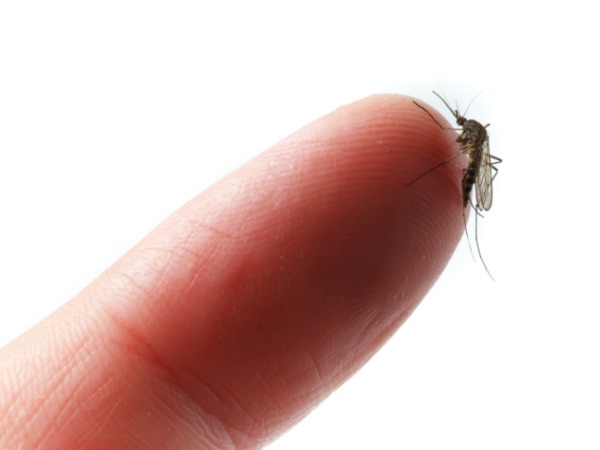The mosquito are known for spreading malaria and dengue but there is an agent that reduces these diseases according to a study published in the PLOS Pathogens Journal, headed by George Dimopoulos. The bacteria Chromobacterium sp. can significantly reduce malaria and dengue infections transmitted by parasites.
Researchers isolated bacteria from the Aedes Aegypti mosquito to test the theory. Scientists added Chromobacterium sp. to sugar water, which they used to feed the mosquitoes, and found that the bacteria can colonize the stomachs of mosquitoes.
“The colonization of bowel tissue by these bacteria activates the immune response of the mosquito” which “significantly reduced” their ability to spread the contagious diseases. Testing whether Chromobacterium sp. could act directly against pathogens, they found that the bacteria can inhibit the development of plasmodium as well as neutralizing the dengue virus.
The researchers said “it is a broad spectrum anti-pathogen with the ability to kill mosquitoes making Chromobacterium sp. particularly interesting for the development of new pest control strategies for the insects that spread these diseases.”
Experts insist that more research is needed in order to develop therapeutic drugs that could eradicate dengue and malaria.
You might be interested in: Vector: Tiny Foe?
Learn more about how architectural supplies can improve your lifestyle.



